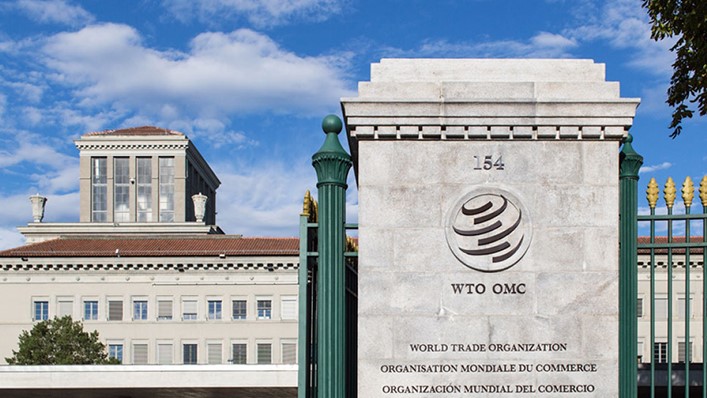

The World Trade Organization (WTO) has finally agreed on October 28, to establish a panel to settle an issue over India’s decision to impose retaliatory import tariffs on 28 US products. The development took place one month after India declined US request in September, to set up a panel to decide on India’s decision to impose additional duties on US products like apples, walnuts, chickpeas, lentils, boric acid and diagnostic reagents.
According to a Geneva-based WTO official the Dispute Settlement Body of the organization agreed to the second request by the US for setting up a panel. The decision of the panel will influence the duties levied by other countries on US goods after the import taxes levied by Trump administration on those countries, especially the steel and aluminium tariffs.

“This development means there will be a decision by the WTO and it could be a moral victory if we win because it would have been resolved at the multilateral level,” said a New Delhi-based expert on WTO issues.
The US claimed the extra duties are inconsistent according to General Agreement on Tariffs and Trade and unfairly discriminating against the US considering the annual trade value worth US$1.1 billion.
India, on the other hand argued that the duties or the “rebalancing measures are in direct response to the unwarranted restrictions imposed by the US” on its goods (steel and aluminium tariffs).
The EU and China supported India on the ground that members can impose their own rebalancing measures against US’ monopolistic trade restrictions. China, EU, Japan, Russia and Turkey also retaliated against US’ decision to impose a blanket tariff of 25% and 10% on import of steel and aluminium products from all countries in March 2018.
India said “the US Section 232 measures on steel and aluminium imports are nothing but a disguised safeguard intended to protect the US’s domestic industry in the garb of national security.” The country finally levied additional duties on US goods on June 15. The US then dragged India to the WTO for rendering “less favourable treatment” to its exports in July leading to a trade dispute between both the economies.



Responses






